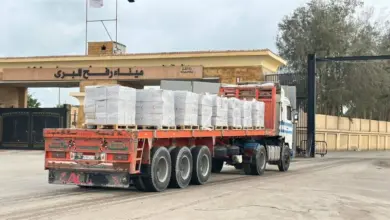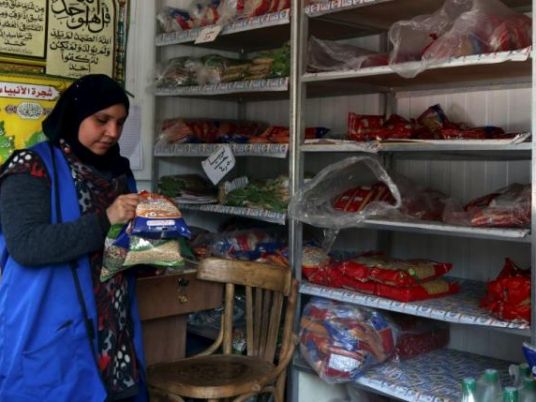There is almost a consensus that the existing subsidies system in Egypt is dysfunctional.
The Minister of Economic Development has recently stated that the poor receive but a small portion of the subsidies to which they are entitled. Disproportionate allocation, he added, has become one of the main impediments to achieving the system’s goal, namely social assistance. Moreover, a considerable amount of subsidized commodities leak out to the market on a regular basis.
Efforts are underway to restructure subsidies so that the system can target its beneficiaries more effectively.
The total value of Egyptian subsidies is estimated at LE95 billion a year, of which LE4 are allocated to ration cards, LE10 billion to bread, while a massive LE70 billion goes to energy.
Some studies indicate that the industrial sector receives about half of the subsidies earmarked for energy, or the equivalent of LE35 billion. Industries that benefit most from subsidized energy include fertilizers, cement and iron. Their products are sold locally at international prices. So, at the end of the day, the Egyptian citizen does not benefit much from those subsidies.
In the nitrogen fertilizer industry, where natural gas is the main raw material as well as the fuel used to run factories, every ton of fertilizer produced is subsidized with US$30. A considerable portion of these subsidies are wasted as half of Egypt’s nitrogen fertilizers–about 20 million tons–are produced in free zones for export.
Energy should not be subsidized. Instead, natural gas should be sold to local industries, like fertilizers, at the international price of US$4.5 per thermal unit rather than US$3, which is the case now. There should also be a mechanism to directly subsidize the sale of fertilizers to local farmers in order to revitalize agriculture, especially since many of Egypt’s poor live in rural areas. The increase in domestic product generated by agricultural activities reduces poverty four times more than growth in other sectors, such as industry and services.
The cement and iron sectors also rely on energy subsidies, in addition to public funds to offset the environmental costs of production.
Abolishing direct and indirect subsidies on commodities and on energy, and re-channeling that money to boost salaries and provide direct subsidies to the poor will create the equilibrium needed in the local market. In this vein, Joseph Stiglitz, a Nobel Prize winning economist, has advocated raising salaries as a means to counter inflation.
Recent statements by the government suggest it is rethinking the subsidies system. The first step should be set a national minimum wage. The process of restructuring and redirecting subsidies is not easy, yet is much needed in order to avoid wasting public money.
Translated from the Arabic Edition.




